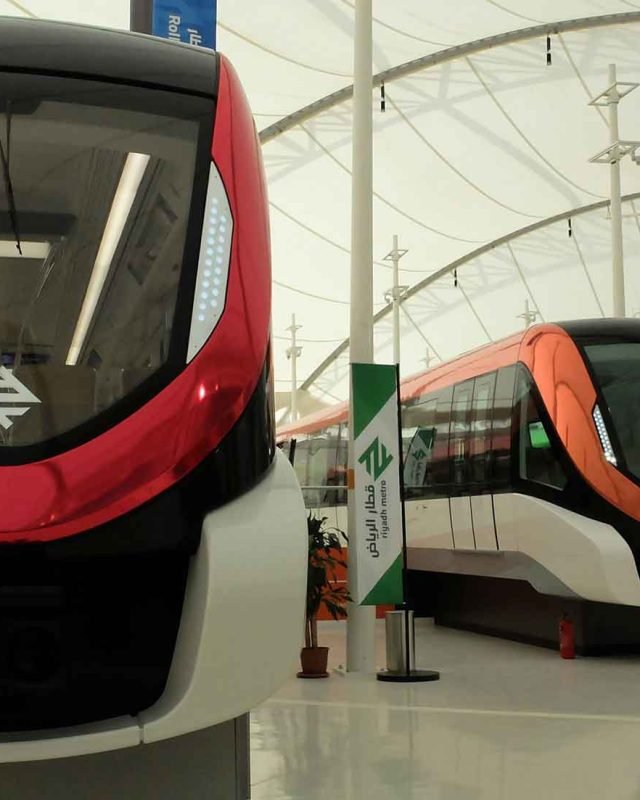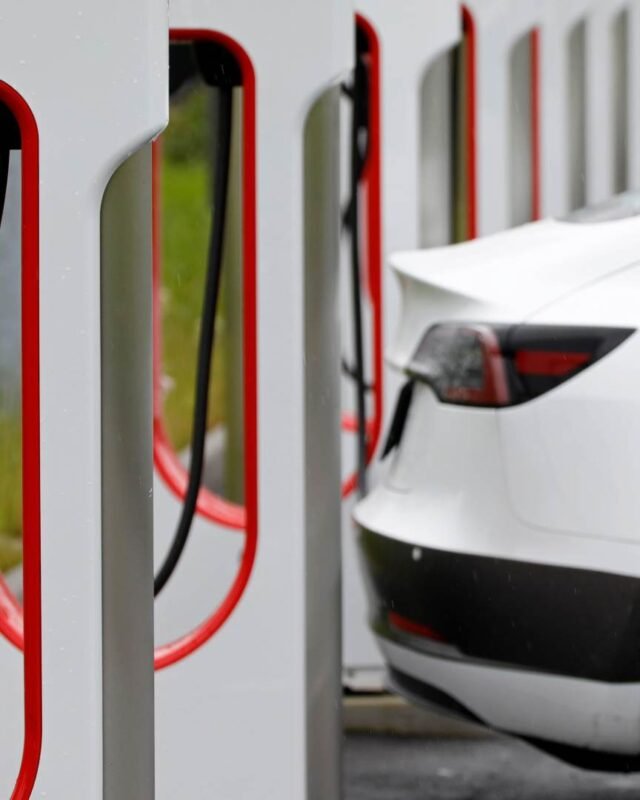Paving the Way for Autonomy
In an era of technological advancements and rapid urbanization, self-driving cars have emerged as a revolutionary force poised to transform the landscape of transportation worldwide. Saudi Arabia, known for its ambitious Vision 2030 plan aimed at diversifying its economy and fostering innovation, has not lagged behind in embracing this automotive revolution. This article delves into the future of autonomous vehicles in Saudi Arabia, exploring the kingdom’s roadmap, challenges, and opportunities in adopting self-driving cars.
The Vision 2030 Commitment
At the heart of Saudi Arabia’s commitment to autonomous vehicles is the Vision 2030 plan, which envisions a diversified economy and a forward-looking society. Under this ambitious vision, the kingdom recognizes the potential of autonomous vehicles to drive economic growth, reduce accidents, and enhance mobility. The plan places a strong emphasis on technology, innovation, and sustainability, setting the stage for the integration of self-driving cars into the transportation ecosystem.
The Regulatory Framework
One of the key elements in realizing Saudi Arabia’s autonomous vehicle vision is the development of a robust regulatory framework. The kingdom has been actively working on regulations that address safety, liability, cybersecurity, and infrastructure requirements for autonomous vehicles. As the technology matures, Saudi Arabia is poised to create a supportive legal environment that balances innovation with safety.
Testing and Pilots
Saudi Arabia has been proactive in conducting autonomous vehicle testing and pilot programs. Several regions in the kingdom have become testing grounds for self-driving cars from both local and international manufacturers. These programs aim to gather data, refine technology, and assess the performance of autonomous vehicles in diverse real-world conditions, including challenging desert environments.
Local Innovation and Investment
Saudi Arabia recognizes the importance of nurturing a thriving ecosystem of local innovation and talent in the autonomous vehicle sector. The kingdom has been investing in research and development centers, technology incubators, and partnerships with leading automotive companies to foster innovation in autonomous driving technology.
Challenges and Opportunities
While the road to self-driving cars in Saudi Arabia is paved with promise, challenges exist. These include concerns about cybersecurity, infrastructure readiness, and public acceptance. Nevertheless, these challenges are viewed as opportunities for growth and development. Addressing these issues will require collaboration between government, industry, and academia.
Socioeconomic Impact
The adoption of autonomous vehicles in Saudi Arabia has the potential to transform not only the transportation sector but also the broader economy and society. It can lead to reduced accidents, improved traffic flow, increased energy efficiency, and enhanced accessibility for individuals with disabilities.
Conclusion: Navigating the Autonomous Road Ahead
Saudi Arabia’s commitment to autonomous vehicles reflects its forward-thinking approach to mobility and technology. The kingdom’s roadmap to self-driving cars is underpinned by Vision 2030’s ambition to position Saudi Arabia as a global hub for innovation and sustainability. As the technology continues to mature, Saudi Arabia’s journey toward autonomous vehicles is set to reshape transportation, foster innovation, and contribute to a more connected and sustainable future.




